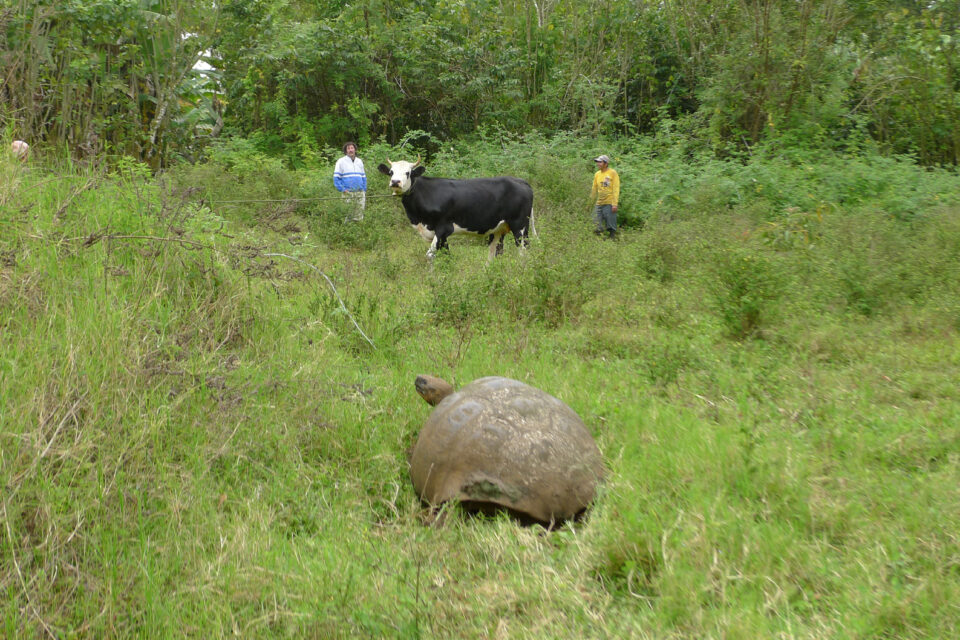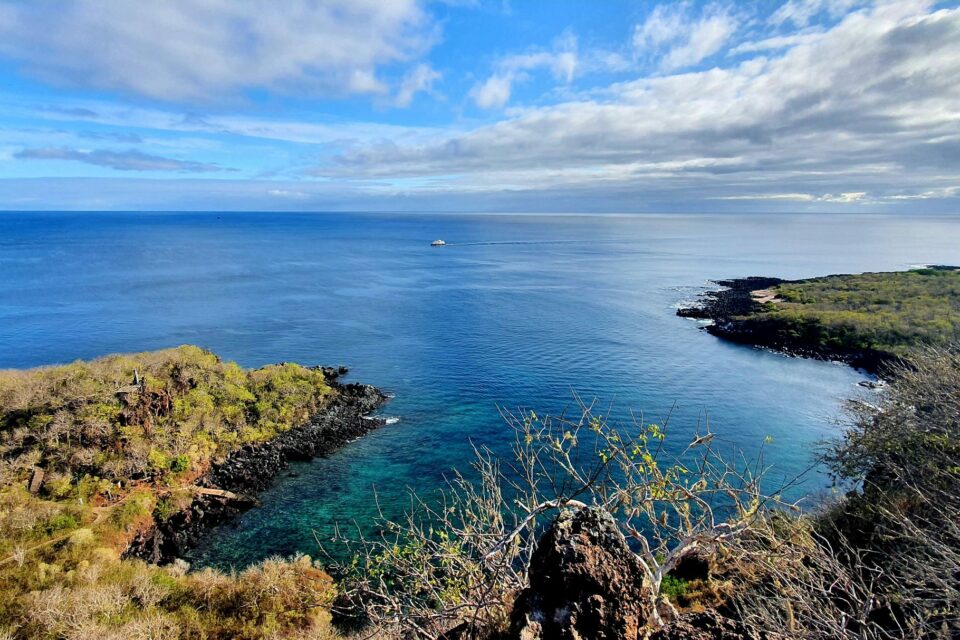

Galapagos, lockdown and the impacts of COVID-19 – Interview Series Part 3 – Anne Guézou
We interviewed GCT's Education and Outreach Coordinator on the Islands, Anne Guézou, to find out how her life has changed under lockdown.
Life under lockdown is one of those rare experiences the world has gone through together. People’s lived experiences are often very different across geographic locations. We thought it would be interesting to see how Galapagos and its residents have found life under lockdown and get their opinions on how the post-COVID world will influence the Islands and their incredible wildlife.
This blog is part three of an interview series with some of Galapagos Conservation Trust’s (GCT) staff, project partners, friends and ambassadors based in or working on the Islands to see how their life has changed under lockdown and how their work will be impacted in the future.
Our third interview is with Anne Guézou, GCT’s Education and Outreach Coordinator.

1. How has the pandemic affected your day to day life on the Islands?
I felt very restricted physically at the beginning of the lockdown and during the previous 14:00 to 5:00 curfew time, plus no access to beaches, the ocean and National Park areas, and no flights to mainland Ecuador. We had to revise our ways of getting food items and other supplies, adjusting to whatever was available. There was huge uncertainty about what would come next regarding pretty much all aspects of life. Also, what if many people got sick with COVID-19? As we were not equipped to provide intensive care; drugs and medical specialists were missing; there were problems with receiving cargo/supplies from the mainland via air and sea.
As a family, we had to cancel trips to Quito, medical appointments and a trip to France for me. For my children, this situation has created a lot of unknowns and questions about planned university studies in Europe and their future. Here, on Santa Cruz island, most people have had to deal with huge changes, especially with the sudden and complete shut-down of tourism; many are without jobs, lacking income. Families members were separated as people got stuck in continental Ecuador or abroad.
Professionally, all ongoing and planned education activities and fundraising talks were cancelled. I had to rethink our whole way of providing experiential learning; many meetings were held online. It was very hard to plan as restrictions kept changing with sometimes contradictory information; also, for some, access to the internet was/is limited. Many support groups have been created (especially online chats and webinars) and, lately, local initiatives have been emerging to propose ways of reactivating the local economy.
Now restrictions are not as strict; we can return to more activities. There are still no regular flights from and to the mainland though. Many unknowns remain, and even though we try to plan longer term, we pretty much move forward on a short-term base, adapting to daily changes.
2. What lockdown protocols are currently in place, and how have they been enforced/communicated?
Since 8 July, there has been a curfew from 21:00 to 5:00. We have to maintain “social distance” from others and wear a mask, and disinfection of public areas is ongoing.
Some sports are allowed but we have to keep a distance from one another. Restricted access to a couple of National Park beaches is permitted on each of the four inhabited islands (since July 17th, all National Park visitor sites have been reopened). Commercial and institutional activities can operate with security measures with up to 50% of staff.
Very recently, partial access to specific National Park areas has been granted for some research projects. Galapagueños that were stuck on the mainland are being repatriated according to priority lists. Each person must have tested negative for COVID-19 just before flying, and upon arrival has to do a strict 14-days quarantine. All communication is done via national news channels, local radios, official information chats and social media.
Enforcement is under the responsibility of the police and local municipalities (as representative of the Emergency Operation Committee).
3. With no tourists on the Islands, what has been the immediate impact on yourself and locals?
For me, work wise, the absence of tourists has meant no more fundraising talks or interaction with guides or tour operators, but there has been no direct impact on education activities (at least not due to the absence of tourists).
As the number of people and activities dropped, the rhythm of life became quieter and slower, but conversely there was more interaction among local people, including mutual help. Amazingly, we had more time to connect with nature. For example, we now know a lot more about the lava lizards’ behaviour in our garden, and daily migrations of cattle egrets above our roof.
On the other hand, no tourism/tourists has meant no more jobs, no income (or less) for many locals and their families; if we consider the impacts on the economy and people’s life in general, there is a lot more to say including social aspects.
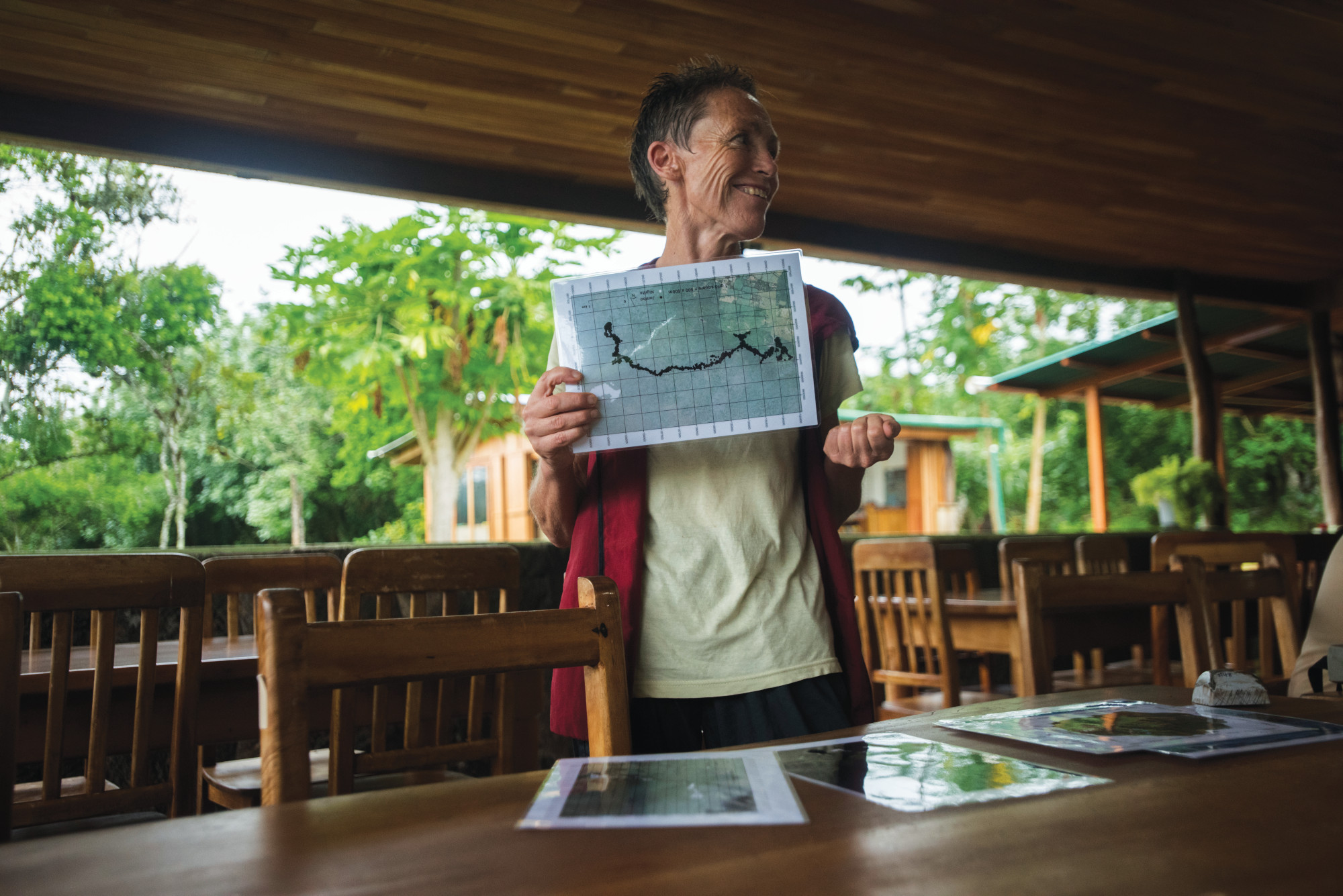
4. As we come out of lockdown, how do you think things will need to change as you go forward for conservation/education work and life on the Islands in general?
Logistically, we will need to comply with measures still in force (keeping social distance, wearing a mask, respecting permitted areas and activities…), adapt to eventual new travelling conditions between islands, the Archipelago and the mainland.
It is key to reinforce the focus on sustainability, on our role and impact as part of the ecosystem, our connection to others and nature – in particular regarding health. It is also essential to take into account the new personal situations of our audiences (fewer resources, job insecurity, health, emotional and psychological implications) for education work.
5. What conservation activities have you been able to continue and what has been placed on hold?
All field activities were placed on hold. Despite this, I have been able to continue with some online and virtual activities, like weekly meetings with the Mola Mola group (an ecology club of the Ecology Project International). We also have various meetings to plan or discuss certain project activities with our partners and colleagues, like the Galapagos Tortoise Movement Ecology Programme (GTMEP). Besides, I work on virtual tools and kits as well as document revisions and updating.
6. What are your main concerns in the short and long-term for the wildlife of Galapagos (either to species you directly work with or other vulnerable species)?
One of my main concerns is the unknown, and likely negative, consequences of interrupted 2020 fieldwork that plays a key role in the survival or restoration of species or populations (i.e. mangrove finch, vermilion flycatcher, giant tortoise and turtle hatchlings…). Interruption of data collection for long-term studies like the GTMEP may affect certain analysis or render some data sets unusable for analysis. Besides, potential new legal measures, especially taken under socio-economic pressures, might allow a laxer approach to tourism, extractive activities or residency in Galapagos. Big delays and a lack of funding for conservation projects in general, including big ones like Restoring Floreana or the Philornis project (long-term initiative to mitigate the impacts of the parasitic fly, Philornis downsi), may affect their successful outcomes. Fewer jobs available in conservation might lead to other ways (including non-sustainable) to take advantage of the Archipelago’s resources.
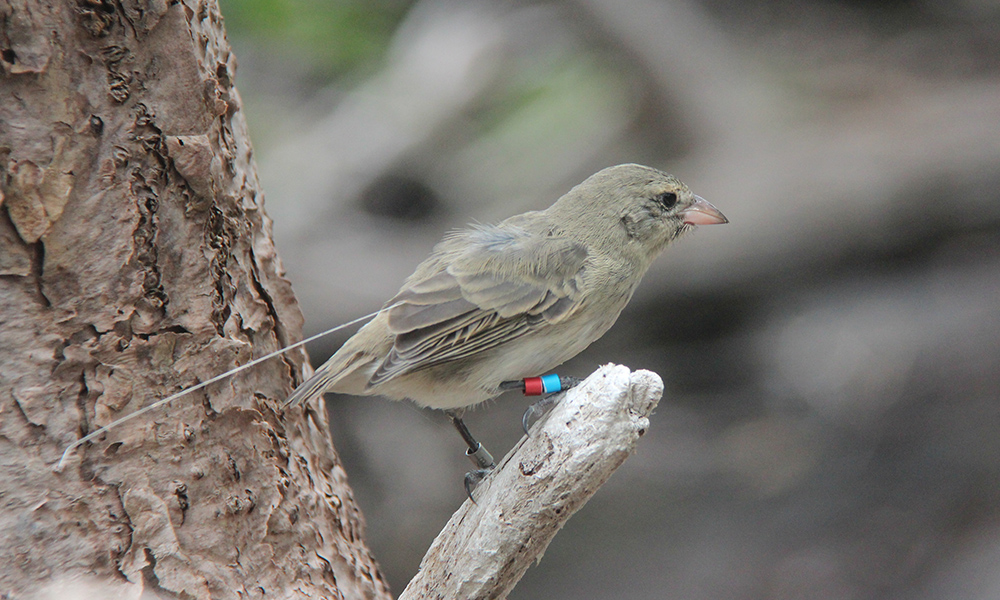
7. What are the activities you will prioritise when the lockdown protocols are eased?
Regarding education and outreach, we will prioritise experiential and hands-on activities and fieldwork, in parallel with virtual activities. We will include, in particular for teenagers, an emphasis on self-knowledge, role empowerment in the community and positive attitude in the face of the new life perspectives and conditions.
Even more than before, concerted work with partners will be key.
This interview forms the second part of our blog series about the experiences of our staff, partners and ambassadors during lockdown and how they think the global pandemic will impact Galapagos’ wildlife. Follow this link here to read other blogs from the series.
How you can help
Please donate to GCT and help us raise funds for the projects and wildlife that need support during these unprecedented times. Alternatively, you can pledge your long term support to the protection of Galapagos wildlife by becoming a member today and in return receive a copy of our biannual magazine.
Related articles

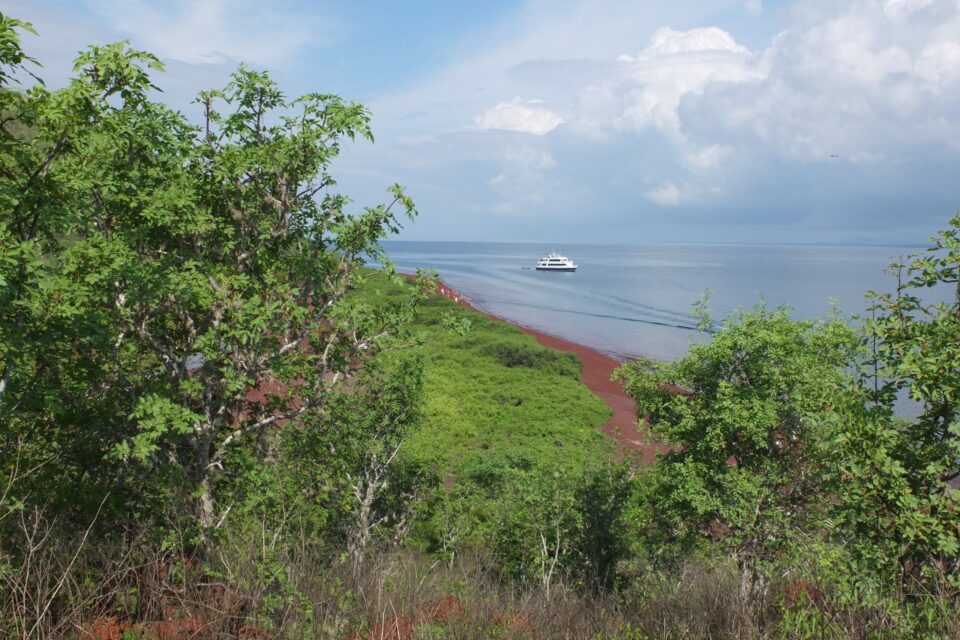
Global relevance: Financing conservation post COVID-19
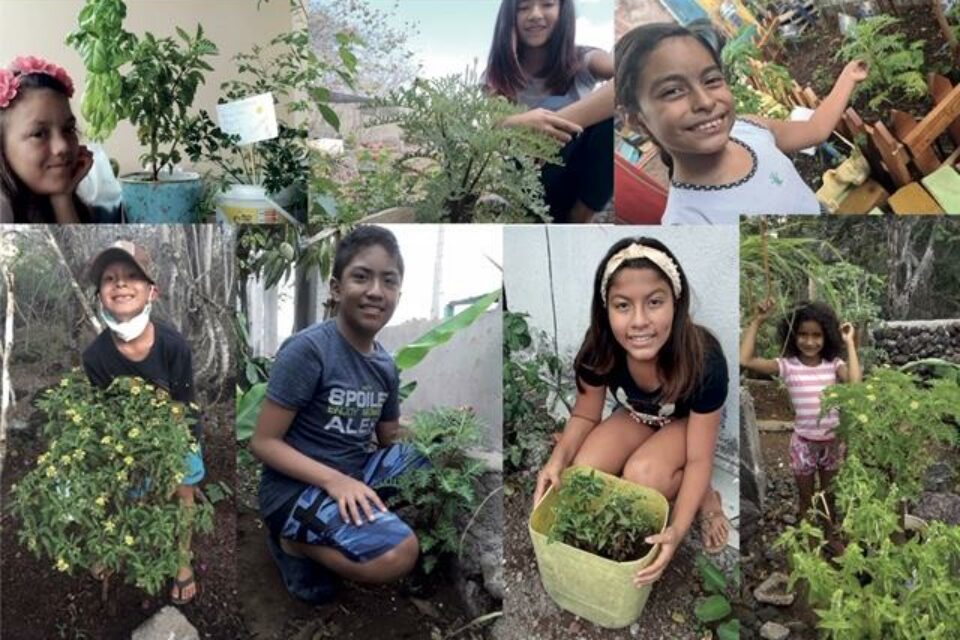
Urban Family Gardening: Positivity amidst the pandemic
